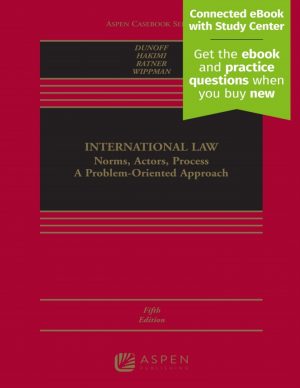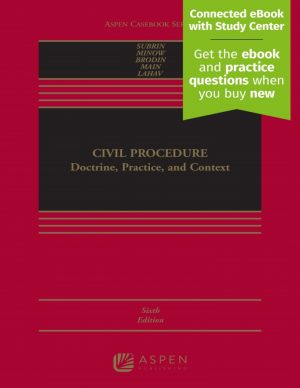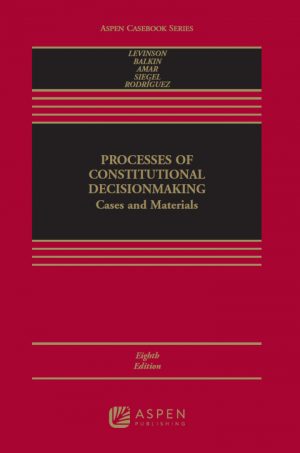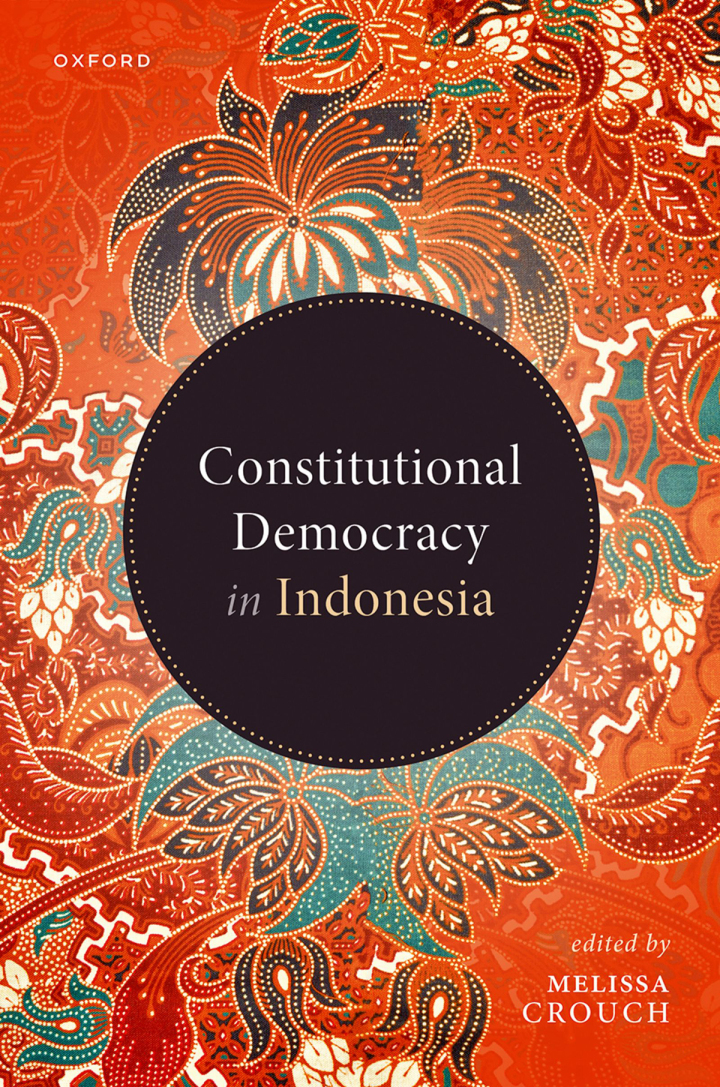Constitutional Democracy in Indonesia
$35.75
Attention: This is just ebook, Access Codes or any other Supplements excluded! / File Delivery: Sent Via Email within 24 hours!
Description
-
Author(s)Melissa Crouch
-
PublisherOUP Oxford
-
FormatPDF
-
Print ISBN
9780192870681, 0192870688 -
eText ISBN
9780192870681, 0192870688 -
Edition2023
-
Copyright
- Details
Indonesia’s political and governmental structures underwent sweeping reforms in the late 1990s. After decades of authoritarian rule, a key aspect of the transition to constitutional democracy during this period was the amendment of the 1945 Indonesian Constitution – an important legal text governing the world’s third largest democracy. The amended Constitution introduced profound changes to the legal and political system, including an emphasis on judicial independence, a bill of rights, and the establishment of a Constitutional Court.This volume, with chapters written by leading experts, explores the ongoing debates over the meaning, implementation, and practice of constitutional democracy in Indonesia. This includes debates over the powers of the legislature, the role of the military, the scope of decentralisation, the protection of rights and permissible limits on rights, the regulation of elections, the watchdog role of accountability agencies, and the leading role of the Constitutional Court. These legal issues are analysed in light of the contemporary social, political, and economic environment that has seen a decline in tolerance, freedom, and respect for minorities. Contributions to this volume review the past two decades of reform in Indonesia and assess the challenges to the future of constitutional democracy amidst the wide-spread consensus on the decline of democracy in Indonesia. Demands for amendments to the Constitution and calls to revert to its initial form would be a reversal of Indonesia’s democratic gains.
Related products
-

International Law 5th Edition Norms, Actors, Process
Rated 0 out of 5$75.90 Add to cart -

Civil Procedure: Doctrine, Practice, and Context 6th Edition
Rated 0 out of 5$75.90 Add to cart -

Practical Guide to Drafting Contracts 2nd Edition From Concept to Closure
Rated 0 out of 5$40.90 Add to cart -

Processes of Constitutional Decisionmaking 8th Edition Cases and Materials
Rated 0 out of 5$89.90 Add to cart

